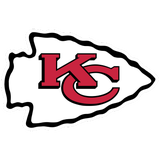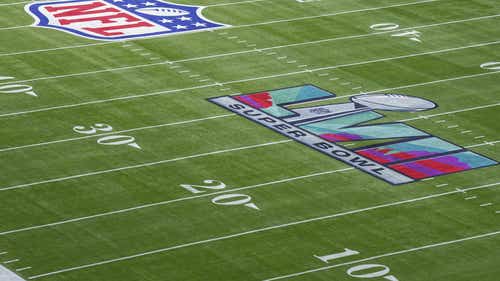
For Will Shields, enshrinement in Canton is 'icing on the cake'

KANSAS CITY, Mo. -- On every team for which Will Shields played, from high school in Oklahoma to college at Nebraska to the NFL with the Kansas City Chiefs, there was always someone better than him.
More talented. More athletic. More important.
But when he's asked to identify those players, the affable Shields runs into a flaw in his case. Most of the names he mentions never played 14 seasons in the NFL, or made 12 consecutive Pro Bowls, or paved the way for one of the best offenses in Chiefs history.
None of them is going into the Pro Football Hall of Fame, either.
"In high school, we had five or six athletes beyond compare," Shields told The Associated Press. "I was limited where I could go to college. I had four choices and that was kind of it. Then we had such great players at Nebraska, and everybody could play on the Chiefs."
At least that much is beyond dispute.
When he was chosen by Kansas City in the third round of the 1993 draft, Shields joined a team that included an eventual Hall of Fame quarterback in Joe Montana, a pass rusher in Derrick Thomas and running back in Marcus Allen. Over the years, he'd play with more Hall of Famers -- Warren Moon spent time with the Chiefs, as did offensive lineman Willie Roaf.
"Head coaches would say, 'Hey, you keep playing the way you are, you could get into the Hall of Fame,'" Shields said. "But Canton wasn't really in my mind for a goal. For me, it was the day in, day out. I couldn't look that far ahead. I was more or less worried about practice that day, or getting ready for the game that week."
Each and every week. The only game Shields did not start was his first as a rookie, followed by a string of 231 appearances. During that time, Shields pried open running lanes for Allen, Priest Holmes and Larry Johnson. He established a pocket for Montana, Moon and Trent Green. He played for such coaches as Marty Schottenheimer, Dick Vermeil and Herm Edwards.

Lookin' good! Flip through our photo album of Chiefs cheerleaders.
But for all that talent, the Chiefs continually fell short in the playoffs. To this day, they have not won a postseason game since 1993, the year Shields was drafted.
It remains among his biggest regrets in a career with precious few of them.
"I think I was pretty much ready," Shields said of his retirement in 2006. "I knew at that point the team was going to go young. I wanted an opportunity to play in a Super Bowl, and win a Super Bowl, but at that point I had to make the best decision for me and my body, and at that point it was time to move on. Nowadays, I think, 'Man, if I could just get a couple more plays.'"
He is speaking in jest, of course. Shields never thought twice about hanging up his pads, just like he never thought twice about playing for another team. In an era in which players rarely stick around more than a few years, Shields spent his entire career in Kansas City.
"When we draft a player, we hope they can become a contributing member of the franchise," said Chiefs chairman Clark Hunt, whose late father Lamar founded the team. "But to have somebody like Will make it to the Hall of Fame, they have clearly reached the pinnacle."
When asked for a favorite memory of Shields, perhaps a notable play or game, Hunt steers the conversation in another direction. In 2003, Shields received the Walter Payton Man of the Year award in recognition of his play on the field and his charity work off it.
"I think that ties it all together so well," Hunt said.
Shields remains active in the Kansas City community these days. Along with serving on a bank board of directors, he owns and operates a training facility called 68 Inside Sports and spends time on his "Will to Succeed Foundation," which targets literacy and scholarship, seeks to foster creativity and helps agencies that cater to abused and neglected women and children.
"For me, being able to say, 'Hey, I played a professional sport and made a living out of it,' that to me is icing on the cake. The end-all, be-all," Shields said. "I got a chance to play a game I played as a little kid. I got to play it as an adult. You can't ask for more."










